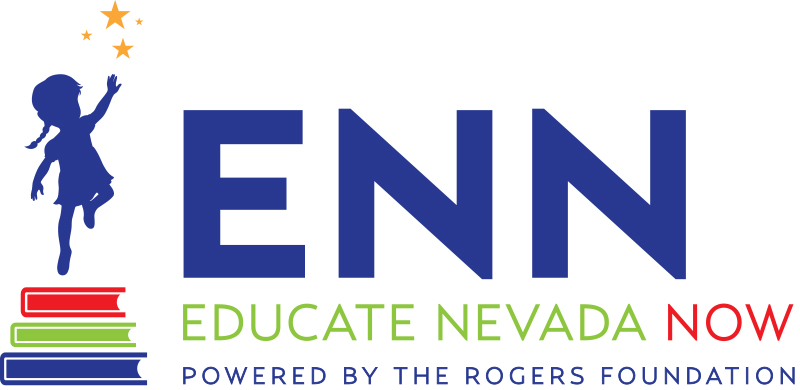One Month Left To Go in #NVLEG and Some Revenue Bills Still Holding On
It’s down to the wire now in Carson City with only one month left of the 81st Nevada Legislative Session. The pandemic has drastically affected the session, from dealing with budget shortfalls to the operation of the legislature itself, being mostly virtual with limited in-person appointments only recently allowed. It’s no secret Nevada is in a bind as one of the states most affected by the pandemic. It has been greatly affected by job losses and state and local budget challenges, including those affecting our schools, which are already some of the worst funded in the country.
For those who keep their pulse on Nevada K-12 happenings, this is the year we are supposed to start rolling out a new funding formula (Pupil-Centered Funding Plan). The funding shortfalls make it difficult to move forward as expected, setting us farther back from the goal of adequately funding the formula, which is roughly $2 billion. While that may sound like a lot, it actually puts us at about the national average of per pupil funding. The new formula also proposes a ten-year timeline to be fully funded, meaning we need to start identifying revenue now. In fact, the legislatively created Commission on School Funding just released their recommendations to fund the formula within the ten-year time frame.
Several revenue bills survived their deadlines to stay afloat, such as SB 346, the Digital Products Tax. This bill would directly fund schools and other government services by modernizing the tax code to ensure movies, books, and music that are taxed as physical products are similarly taxed as digital products.
SB 395 creates an ad valorem tax to support school capital projects in certain counties. This would be especially critical for districts that have difficulty supporting school construction, such as White Pine County School District, where they have a school that is over 100 years old.
There are also cannabis related and room tax measures being considered. These include an excise tax on consumable hemp products (SB 281) and a tax on retail sales at cannabis lounges (AB 341). AB 363 and AB 408 attempt to change provisions relating to transient lodging and travel companies (although this was reduced to a study).
There are several joint resolutions as well. Mining tax reform, a major issue this session, is supported by several joint resolutions, AJR 1, AJR 2 and SJR 1. These would make various changes to the Nevada Constitution to alter the manner in which mining can be taxed. AJR 6 is a measure expanding the motor vehicle fuel tax.
Did Not Pass
Property Taxes – SB10, a bill to address property tax caps, was practically dead on arrival. In conversations about funding, the Commission on School Funding has made clear that in order to fund our schools at an adequate level we will have to look to property taxes as part of the solution. With the tax abatements that have been created over the last few decades, schools have lost approximately $840 million just in the 2019/2021 biennium in revenue from abatements.
What about the federal funds?
Nevada districts will directly receive close to $1 billion in funds to open schools safely and to address learning losses, but those funds will expire in a few years. If Nevada doesn’t plan for additional funding, there will be a fiscal cliff and students will be left without the critical resources that they will be receiving with federal funds. Those funds come with a lot of restrictions and shouldn’t be used to fund shortfalls.
The state is receiving an additional $3 billion to fund state and local governments. This funding is not earmarked for schools, but can and should support the funding shortfalls many districts will inevitably face. Supporting schools with these funds is especially critical with the implementation of the new funding formula.
The governor has proposed a phase- in approach to implementing the formula that will severely hurt several districts that have shortfalls in their local revenue. The state must find a way to make up for the shortfalls to roll out the Pupil-Centered Funding Plan (PCFP) as intended.
What’s going on with the PCFP?
Although there has been some discussion about the Pupil-Centered Funding Plan, so far all we have is a proposal from Governor Sisolak to move forward with the formula in phases. The proposal isn’t very popular and legislators have hinted at addressing the shortcomings of the proposal. The proposal or amendments to the formula are exempt from a deadline, but with only one month left to go there is not a lot of time to address concerns. As mentioned above, the Commission on School Funding has submitted recommendations to the Legislature and the Governor, but we have no indication as to whether these recommendations will be adopted or replaced by other revenue options.
What to do?
The session is moving fast and our legislative body still has to formalize a plan to meet its constitutional responsibility to provide students with resources they need to meet or exceed state standards. Contact your legislators, let them know we need to start funding schools.
You can do this by calling, emailing or commenting on bills and also by signing our pledge to fund our students, sign here www.EmpowerNevadasFuture.com

0 Comment